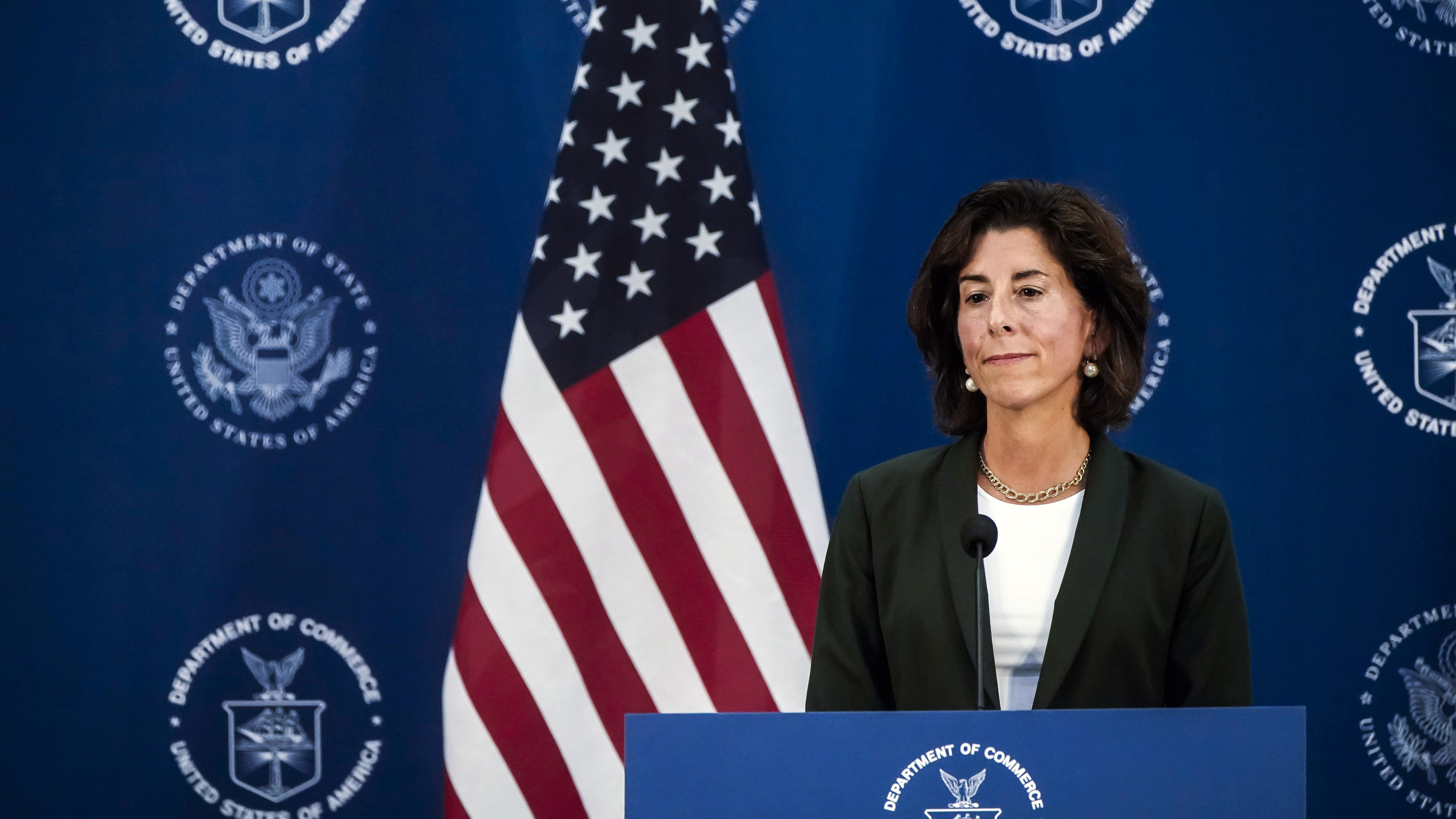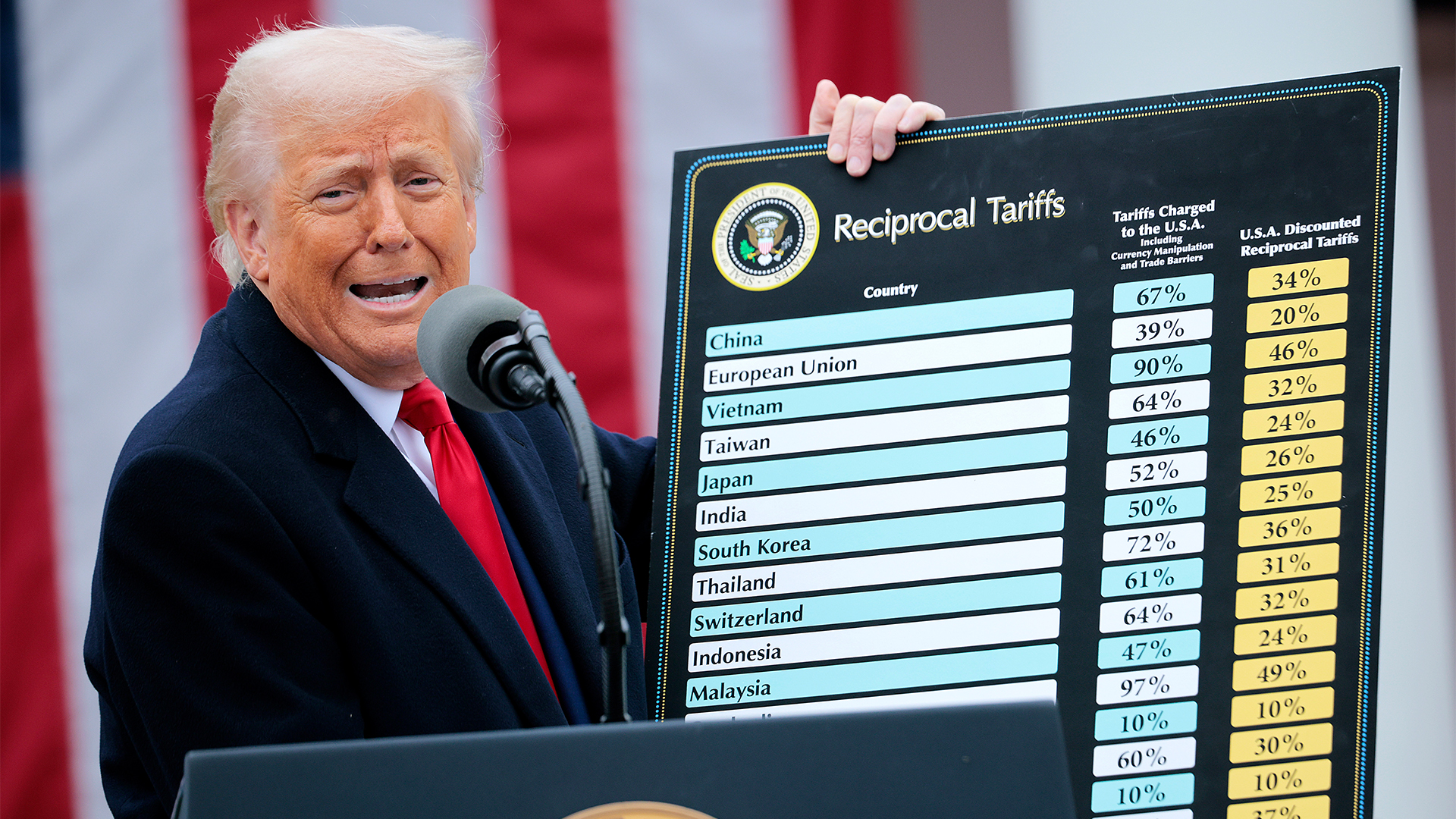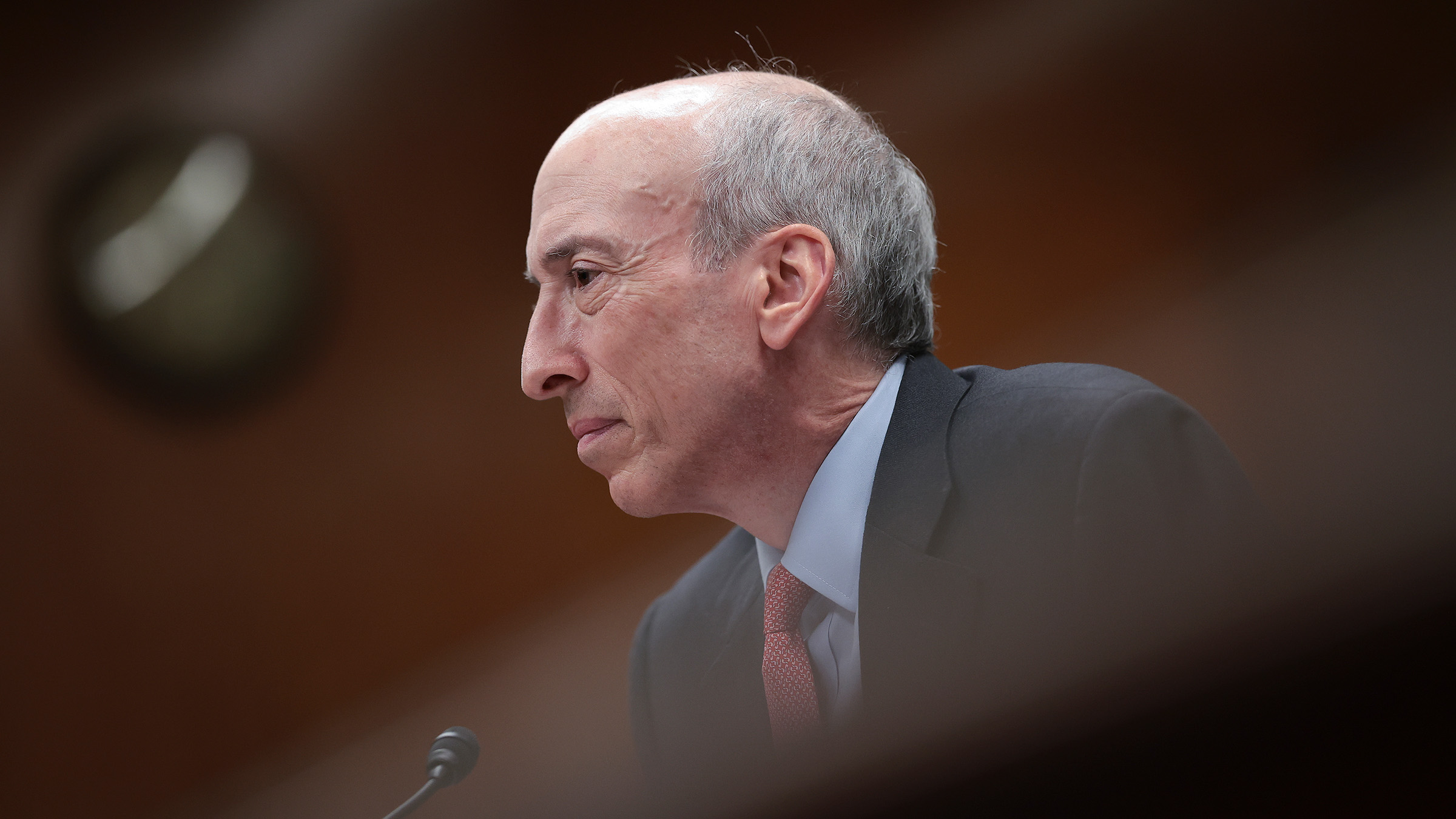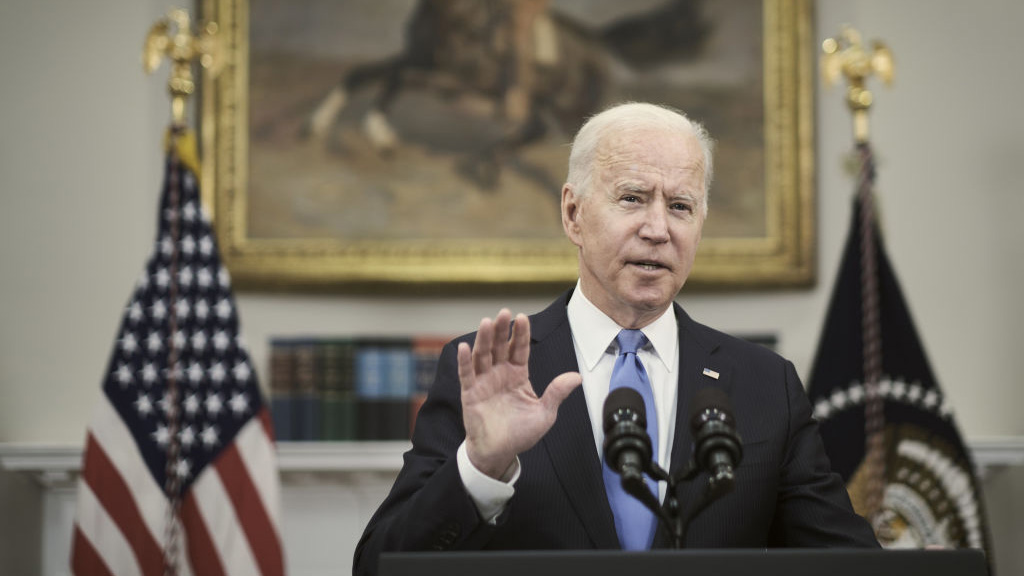US proposes new ‘know-your-customer’ restrictions on cloud providers
The US aims to stifle Chinese AI competition with new restrictions on cloud providers to verify foreign data center users


The Biden administration has proposed new know-your-customer requirements on US cloud companies for clients looking to use American infrastructure to train their AI models.
The proposed controls will include obligations on cloud computing businesses to determine whether foreign entities are accessing US data centers to train AI models.
In an interview with Reuters, US secretary of commerce Gina Raimondo named Chinese competition as a particular focus for the regulation, referencing the US’ continued efforts to stop the export of Nvidia’s AI chips to the region.
“We can't have non-state actors or China or folks who we don’t want accessing our cloud to train their models … those chips are in American cloud data centers so we also have to think about closing down that avenue for potential malicious activity”, Raimondo explained.
In addition to restricting China’s access to the chips that underpin the computing power required for training AI models, the US also needs to ensure its own infrastructure is not being used to train Chinese AI models.
“[The US is] trying as hard as we can to deny China the compute power that they want to train their own [AI] models, but what good is that if they go around that to use our cloud to train their models?”
RELATED RESOURCE

Build a data center that meets fluctuations in demand for computing resources
China indicated its appetite to build and deploy AI models within the country through an announcement from the state regulators approving over 40 new AI models for public use.
Get the ITPro daily newsletter
Sign up today and you will receive a free copy of our Future Focus 2025 report - the leading guidance on AI, cybersecurity and other IT challenges as per 700+ senior executives
Under the new proposal US cloud computing companies such as AWS, Google, and Microsoft will be required to verify the identity of foreign customers who have accounts that utilize cloud services in the US. It was released on Friday 26 January for public inspection and scheduled to be published on Monday 29 January.
“Parochial” approach to cloud platforms could hurt competitiveness
Jeff Watkins, chief product and technical officer at digital transformation consultancy XDesign told ITPro the proposal could have unintended effects such as the proliferation of US-based ‘umbrella companies’ used by China to circumvent the restrictions and access cloud computing services in the region.
“This move might inadvertently encourage the emergence of umbrella companies in the US, allowing countries like China to bypass these new regulations through virtual private networks (VPNs) or similar methods.”
Watkins also voiced concerns that this could drive customers away from US cloud computing services, which would hurt the domestic business and drive revenues for foreign competitors.
“I think it’s a very parochial kind of approach to using the US's cloud platforms, and it could just end up with people moving to non-US data centers - so it may be good news for alternative infrastructure providers,” Watkins explained.
“Additionally, this policy may reduce the global competitiveness of the US cloud services, particularly if such stringent measures aren't adopted globally. Providers are likely to face increased costs due to the need for enhanced monitoring and reporting systems, which will almost certainly translate to higher expenses for end-users.”

Solomon Klappholz is a former staff writer for ITPro and ChannelPro. He has experience writing about the technologies that facilitate industrial manufacturing, which led to him developing a particular interest in cybersecurity, IT regulation, industrial infrastructure applications, and machine learning.
-
 Should AI PCs be part of your next hardware refresh?
Should AI PCs be part of your next hardware refresh?AI PCs are fast becoming a business staple and a surefire way to future-proof your business
By Bobby Hellard
-
 Westcon-Comstor and Vectra AI launch brace of new channel initiatives
Westcon-Comstor and Vectra AI launch brace of new channel initiativesNews Westcon-Comstor and Vectra AI have announced the launch of two new channel growth initiatives focused on the managed security service provider (MSSP) space and AWS Marketplace.
By Daniel Todd
-
 IDC warns US tariffs will impact tech sector spending
IDC warns US tariffs will impact tech sector spendingNews IDC has warned that the US government's sweeping tariffs could cut global IT spending in half over the next six months.
By Bobby Hellard
-
 US government urged to overhaul outdated technology
US government urged to overhaul outdated technologyNews A review from the US Government Accountability Office (GAO) has found legacy technology and outdated IT systems are negatively impacting efficiency.
By George Fitzmaurice
-
 SEC passes rules compelling US public companies to report data breaches within four days
SEC passes rules compelling US public companies to report data breaches within four daysNews Foreign entities trading publicly in the US will also be held to comparative standards
By Rory Bathgate
-
 US says National Cybersecurity Strategy will focus on market resilience and private partnerships
US says National Cybersecurity Strategy will focus on market resilience and private partnershipsNews The recently announced implementation plans alow for more aggressive action against ransomware gangs
By Rory Bathgate
-
 US ‘Tech Hubs’ drive aims to boost innovation in American heartlands
US ‘Tech Hubs’ drive aims to boost innovation in American heartlandsNews The development of the hubs will could help drive regional innovation and support for tech companies
By Ross Kelly
-
 Biden sets June deadline for $42 billion broadband funding outline
Biden sets June deadline for $42 billion broadband funding outlineNews The announced deadline come prior to a much-awaited update to the FCC's US broadband map, giving a clearer image of the internet challenges facing the nation
By Rory Bathgate
-
 FCC eyes formal ban of all Huawei, ZTE equipment sales
FCC eyes formal ban of all Huawei, ZTE equipment salesNews Approaching the deadline to pass such a ruling, companies such as Kaspersky face similar restrictions
By Rory Bathgate
-
 White House proposes fresh Bill of Rights to limit AI threats
White House proposes fresh Bill of Rights to limit AI threatsNews The Biden administration is hoping it will act as a guide for the development and use of AI that protects citizens from harms
By Zach Marzouk